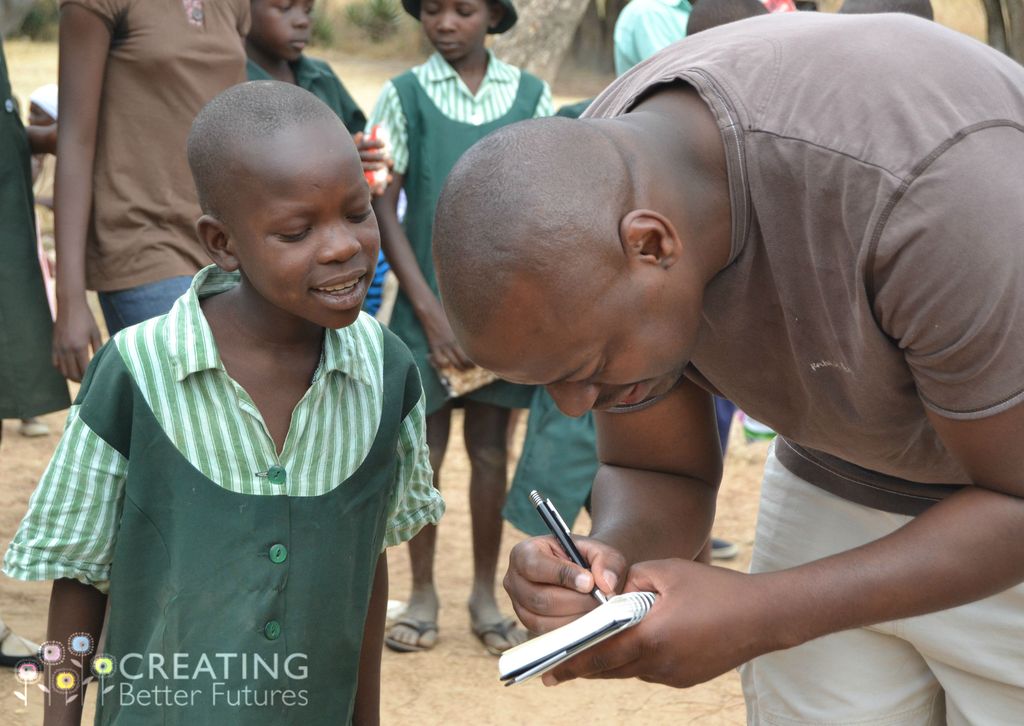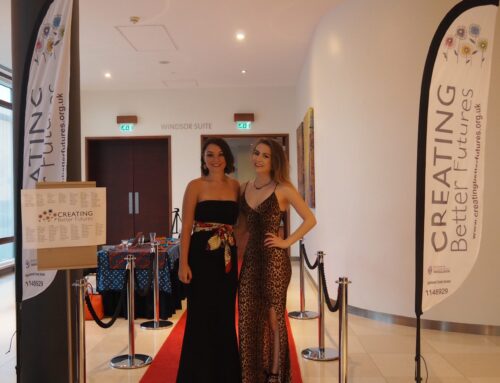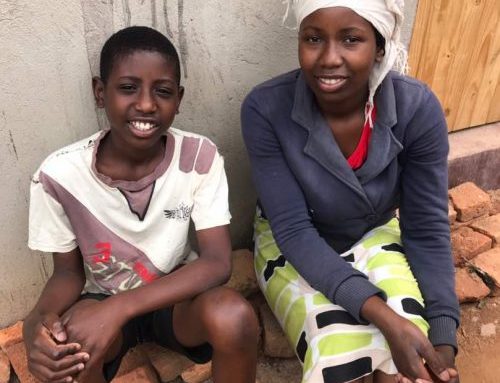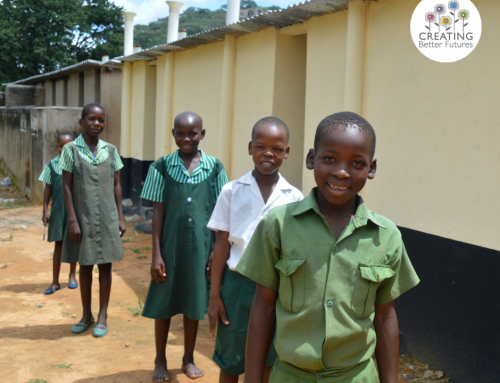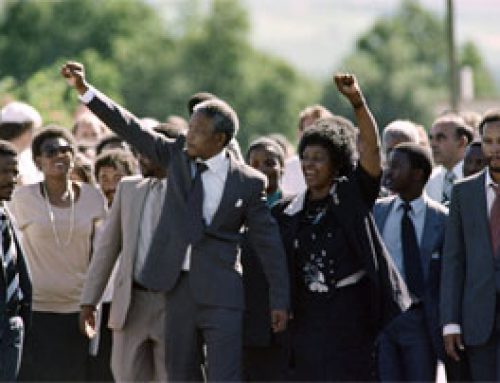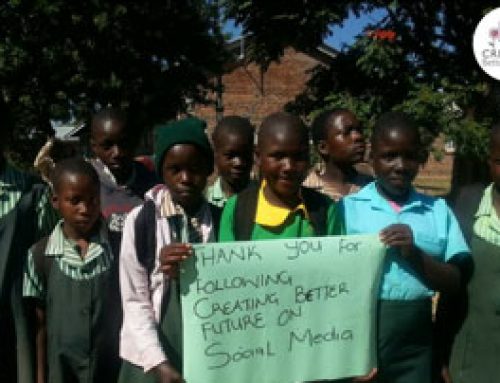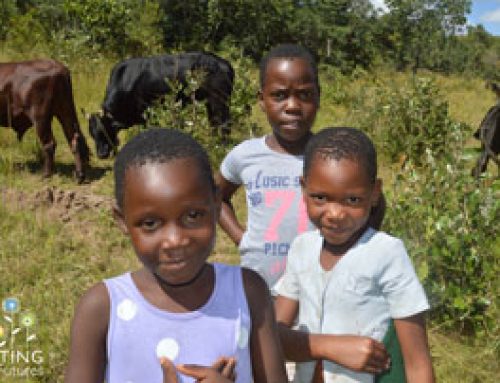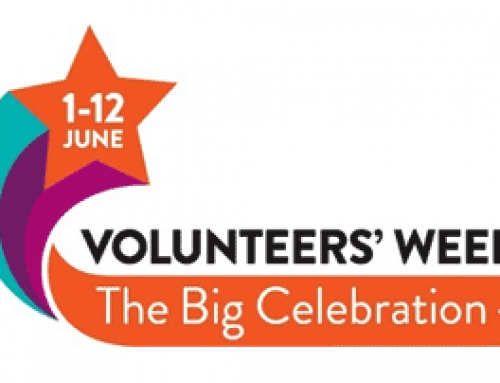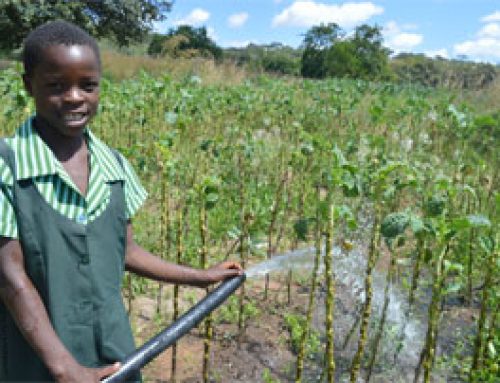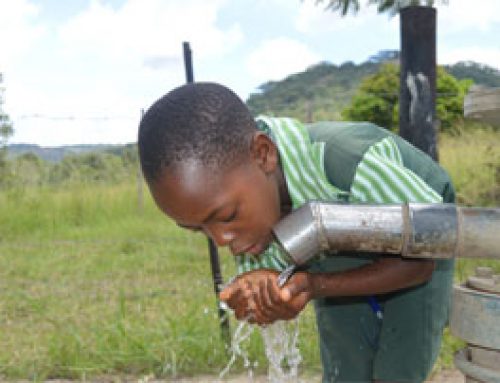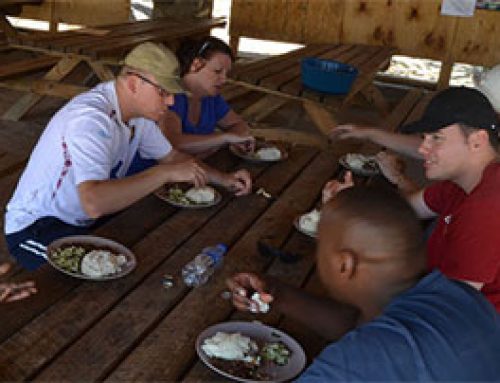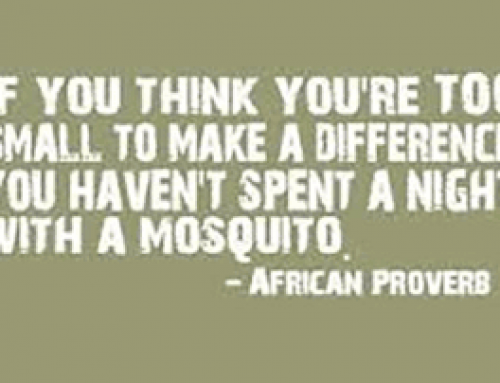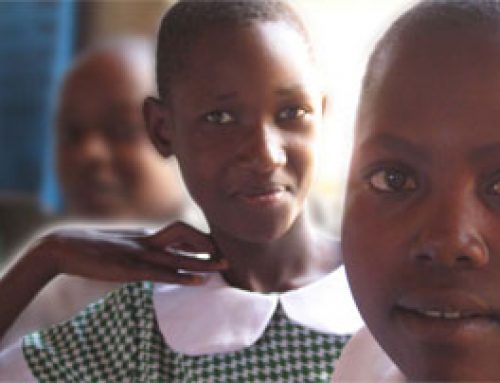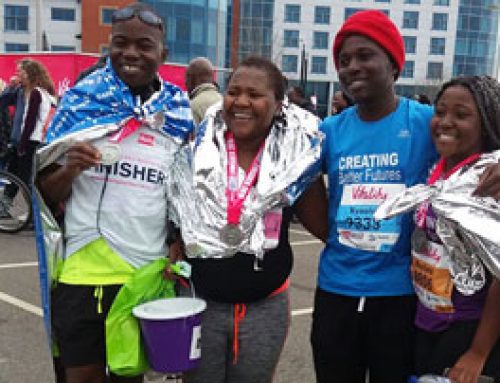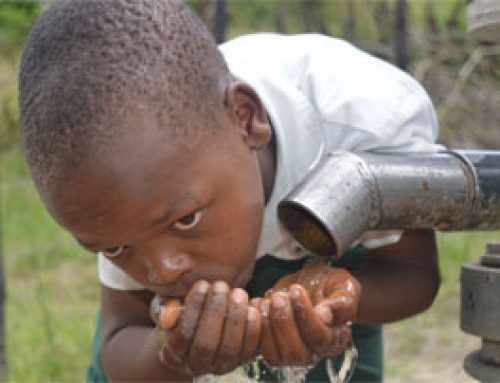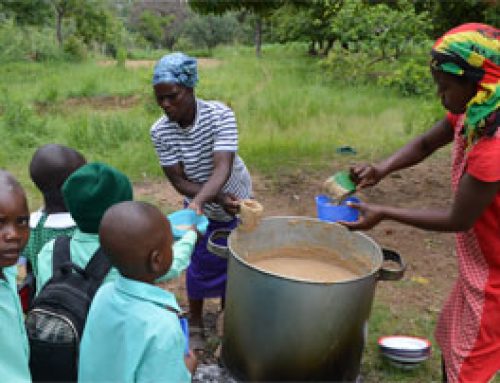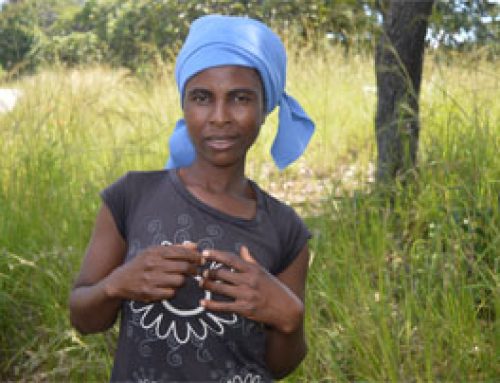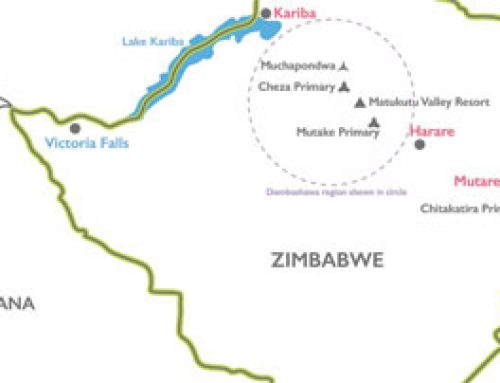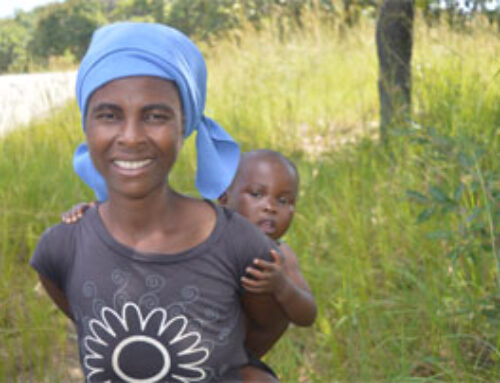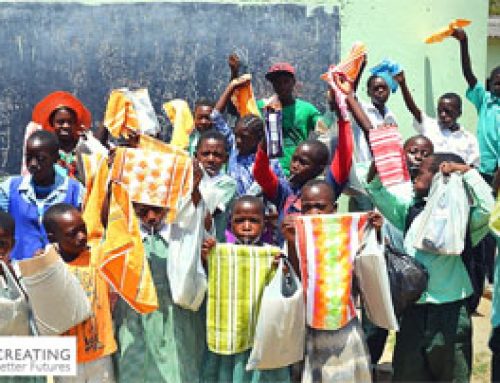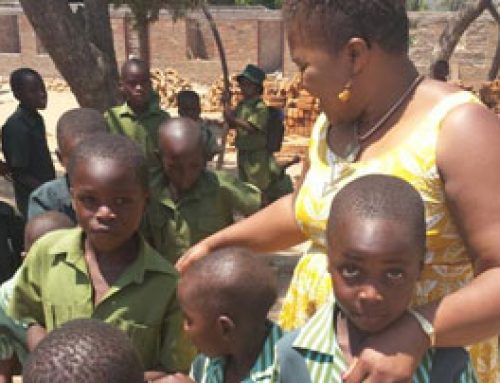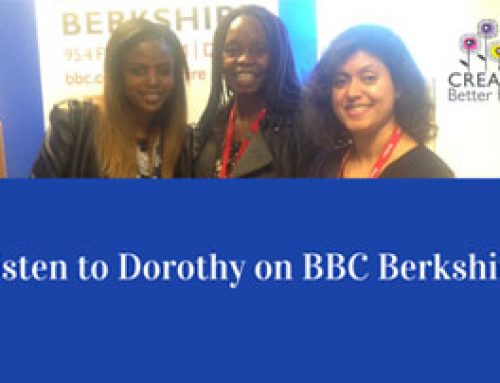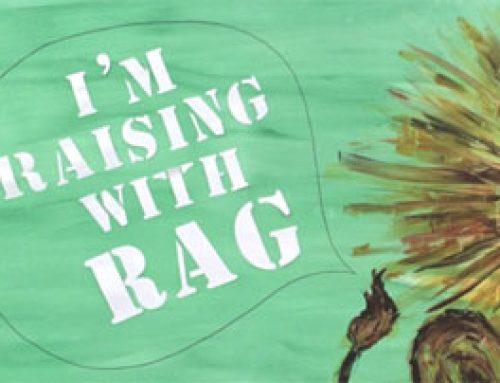“If you educate a girl, you educate a nation”
I recently came across an article that read the title “girl’s education is the global civil rights issue of our time”. An awakening and overwhelming statement that sadly bares truth. At this moment, there are more than 130 million girls who are out of school. If that’s not a global civil rights issue or a cause for desperate concern, then I’m not sure what is.
In the UK, the birth of a baby girl is most often an event to be celebrated – her arrival is a blessing to her family and her community. The doctor mouths the words “it’s a girl” and her family bound with joy. As a mother tightly holds her babe close as she takes her first little breath and cries her first little cry, she prays the best for her life. She knows that her daughter will have every opportunity and chance as a female in the country in which she will grow up in. She knows that her baby will have access to a free primary and secondary education. She knows that one day, her baby, with the right skills, will have access to work in a field and sphere of her choice. She knows that her baby will have access to the necessary resources not only to get by but to thrive. Unfortunately, we know that this is not the reality all around the world. Even today, in many cultures the birth of a daughter can be regarded as a loss, a misfortune or a disadvantage. Many communities across the globe continue to discriminate against the education of the girl child and many still hold the belief that educating a girl is “not necessary”. Other families and communities do not have the choice but to sadly and regrettably deny the daughters of the world their education as it is simply inaccessible, unreachable and unaffordable. For them, the words “it’s a girl” can echo fear and may even dispense disappointment as their hearts sink in their stomachs. It sinks because they know that their daughter has been born into a world that does not spin in her favour or to her advantage. Due to no fault of her own, she has been born into a society that hinders her and often denies her of the life that she will watch her brothers live. Her chances are narrow and bound and the obstacles that keep her from school are far greater than those faced by her brothers. From moment one, a fight for her future is birthed.
During the past decade, gender and education have become central elements in debates concerning developmental aid. Subsequently, almost all international development organisations have included a gender perspective in their work. The age that we live in has become the age of awakening female potential as we are beginning to see increasing recognition of the unfair and unjust reality of so many young girls worldwide. Malala Yousafzai is a young female activist who has in recent years brought attention to the subject of girls in education through her work and campaigns. She outlines that the predominant obstacles hindering girls from their access to education include cost, health, child marriage, child labour and conflict.
During adolescence, girls are faced with great social, economic and health-related barriers. As they grow and their body changes, they often have no choice but to drop out of school. Statistics suggest that this is the case for 3 out of every 10 young girls. Additionally, an immense 49% of females in Zimbabwe have never received a formal education and 34% are married before the age of 18. As a charity, we are working hard to diminish these obstacles, correct the imbalance and lessen the gap by ensuring that each girl that we are able to care for in Zimbabwe is noticed, supported, loved and empowered. We are currently working on a project with the Enactus team from the University of Reading who are in the process of designing and creating reusable sanitary products for our girls in Zimbabwe. Our heart breaks over the multitude of women who are stripped of life’s basic dignities so along with Enactus, we are not only acknowledging this great lack and deprivation, but we have decided to take diligent action. Reusable sanitary products will not only increase menstrual hygiene, comfort and self-confidence but will above all prevent girls from falling behind and subsequently dropping out of school. For a young girl, something as basic as a sanitary towel can be a catalyst for immense impact. This is a small but profound step we are taking towards uplifting the women and girls of rural Zimbabwe.

“When you educate a girl, you educate a nation” is an often heard quote in development circles. This statement sparks thought and has begun to incite response, unification and global action. For a moment we’d like to delve into the meaning behind this expression and tell you what educating a girl means to us. We believe that the education of the girl child is felt across whole communities: the benefits flow not only through her but through everyone around her. Awakening and unlocking the capacity of girls is pivotal, as without the feminine contribution, the world limps. Education enables women to lift their families, communities and countries out of poverty. A girl with a secondary education is in fact 6x less likely to become a child bride and less likely to contract HIV and many other illnesses. According to Malala “secondary education for girls is an investment in economic growth, lasting peace and the future of our planet. Educated girls are healthier citizens who raise healthier families”. In summary, the benefits are limitless.
At CBF, we believe that each and every girl is deserving and worthy of an education. She is worth investment, care and training, for investing in a girl is investing in both a nation and a generation. We believe that the potential of an educated girl is boundless and so we work hard each day to ensure that this potential is awakened and unlocked. Today, you can change not only the life but the future of a girl in rural Zimbabwe by providing her with the gift of education. If you believe that #GirlsCount, it’s time to make your mark. Visit creatingbetterfutures.org.uk/sponsor-a-child to empower a girl today!








